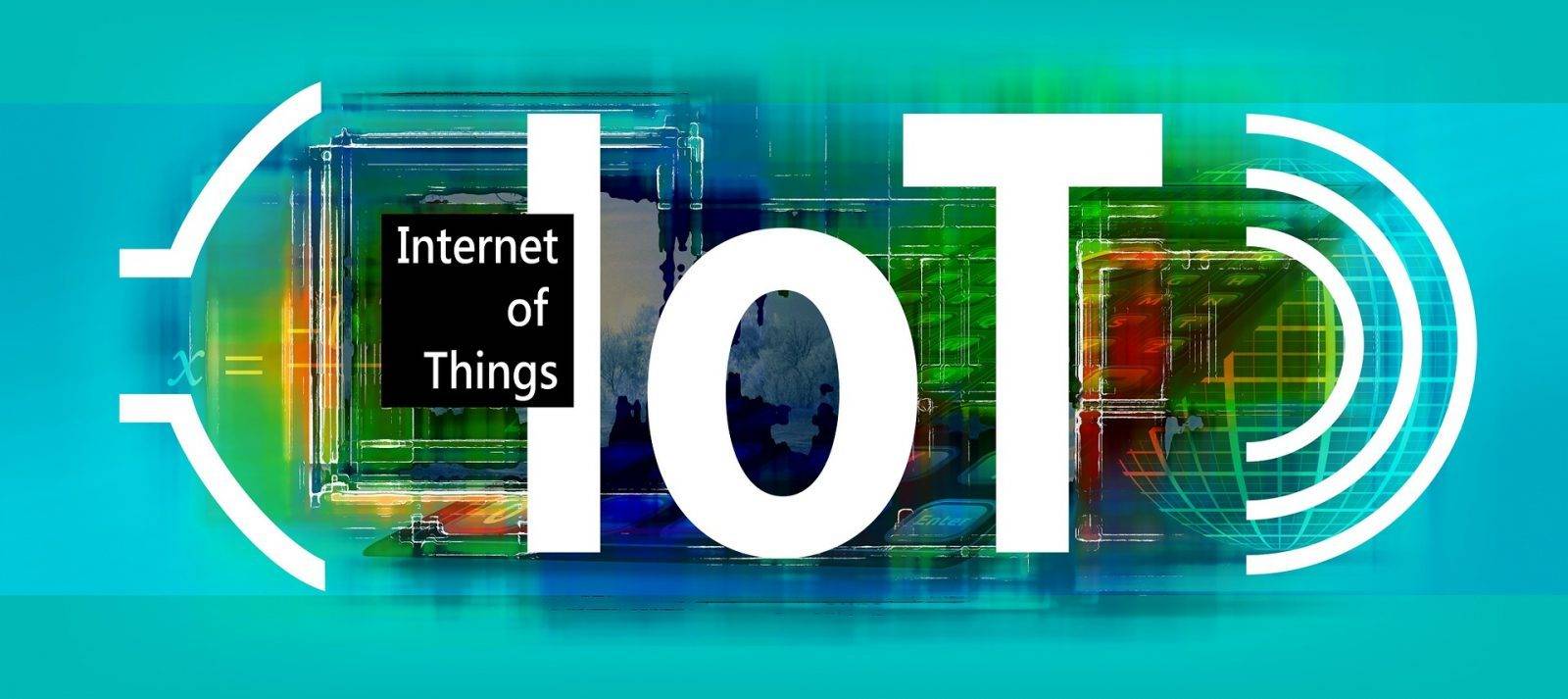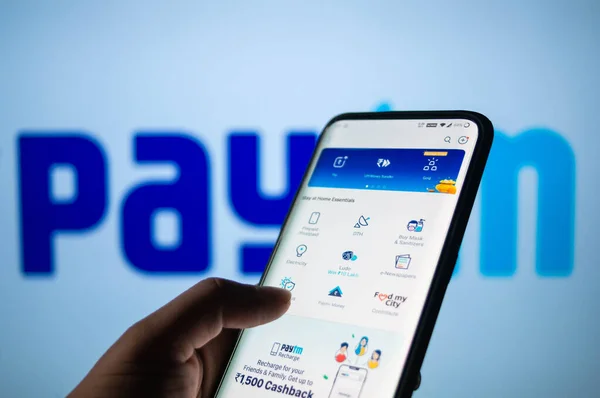Internet of Things (IoT) is simply explained as a network of Internet connected devices which are installed on and are able to control mechanical, electrical and electronic equipments. They have the capacity to make things viable which many of us have only daydreamed about. To have a better understanding the following illustration digs deeper and can help us have better insights into a holistic view of IoT.
Just Imagine that you wake up one fine Monday morning and your appliances have taken over your daily household chores to get you ready for your office. The snooze/stop functions of your alarm getting controlled by your voice. Just as you get out of your bed your favorite coffee with your chosen flavor and preset temperature comes in your palm delivered by your Robo assistant. Your wardrobe presents you variety of options/suggestions for your day’s attire based on specific style, day theme, colour, custom fit etc. Breakfast is on your table and lunch boxed, with required calories and nutrients.

Driverless cab ordered online, arrived on time and waiting at your doorstep with preset air conditioning ambience and playing your choice of music to relax you en-route your office. While relaxing, your robo financial advisor rings you up, routed to the car’s Bluetooth connected with your wearables. All your financial tasks are taken care of without stepping into a Bank.
As soon as you reach your office you are welcomed and greeted by your online office assistant, as today is your wedding anniversary, for which your assistant has already booked a table at your favorite restaurant for a mesmerizing candle light dinner. You review the arrangements and additionally order for an exotic collection of imported chocolates and a bouquet made from handpicked red roses and white tulips. As you wind up for the day and get ready to pick your better half for the evening celebrations, you get offers from city’s renowned jewellery shop, of newly arrived designs and latest collections specially meant for the occasion. On your way back home, you take a halt to have a look at the latest collections. As you near the jewellery shop, your credit card company gets an alert and based on your data sends you message regarding your credit card limit top-up to facilitate your shopping spree. After having celebrated a wonderful evening, as you step in your home, the dimmed lights get fully illuminated and the preset air conditioning is at your service.
The whole idea narrated above is nothing but a glimpse into the technology providing a secure and comfortable life using internet connected devices including alarm clocks, security systems, electronic appliances, driverless cars, household lights, sound systems equipped with sensors/identifiers (RFID tags). Internet of Things does process automation, transform business models, not by using the internet connected devices, sensors, actuators with embedded technologies, but by leveraging the insights of collected data, machine learning and artificial intelligence. The more and more gathered data facilitates machines in learning processing of the data at highly complex levels to carry out near impossible tasks. The feature of collecting and sharing the data among connected devices is the backbone of IoT.
Applicability of IoT will not leave any field untouched, you name it you will have it like financial institutions, industrial automation, health care, agriculture, smart homes, smart cities, inventory management, quality control, logistics, packaging and supply chain optimization and what not? IoT in banking has the potential to design and transfer data over new P2P business models using smart contacts and digital IDs, obviating human-to-human and human-to-computer interaction.
In contrast, the financial sector in India is yet to embrace the IoT and will have to walk miles before things start to look up. So far financial institutions are mainly focusing on the digital disruptions, in a move to counter the competition posed by newly formed small payment banks and fintech startups.

IoT has the power to revolutionize all areas of banking including retail banking by facilitating faster deposit, withdrawal and remittances. Introduction of AI, analytics and process automation can transform the banking experience into an ultimately unique innovation. As, IoT offers banks an opportunity to collect more information on customers, offer more personalized services with improved efficiencies. Below, we discuss about some innovative examples of IoT in retail banking and few further.
Smart branches- Gone are the days for the brick and mortar system of branch network, Indian Banking system will start witnessing roll back of branches in the metro and urban areas as suggested. Smart branches loaded with interactive machines and minimal staff will be the way of banking forward in urban areas. Fingerprint, Retina scan, facial detection will get centre stage in providing access to interactive space.
Chatbots in the offing- Chatbots are at initial stage of adoption in retail banking and has the capacity to do wonders once they learn the ropes with “Big data”, AI and Machine learning working in tandem. Full integration with the Big Data will enrich the customer’s experience while interacting with the chatbots. Many banks have launched their chatbots with limited data/resources which makes them prone to failure in the initial stages on account of limited usage/preferences available.
Wearables- Making a banking fashion statement- Banking applications synced and operated from the wearables in the latest entry in the market. Thanks to the growing devices ecosystem and low-cost wearables availability making it a win win situation for both the financial institutions and the customers. Many banks are in process of launching their wearables having tied up with renowned brands of digital watches.
Blockchain-based smart contracts- Blockchain is a chain of data blocks containing information connected in a predefined limited series which is shared among all the stakeholders in form of an immutable, decentralized and distributed ledger over the shared network. Smart contracts are computer programs run on blockchain nodes which carries out digitally facilitated negotiation directly between the users once certain conditions are concurred. Smart contracts can be used in banking in the area of KYC, clearing, creation of mortgage, selling of insurance products and investing in mutual funds.
Use of Beacons to enhance banking experience- Bluetooth/RFID beacons sensing the proximity of the customer helping in providing personalised service to the customer by providing relevant services offers. Beacons can be of great help in serving the differently abled person with best in class customer service. Beacons in malls can be used to send notifications regarding offers on select brands/merchant stores to the customers regarding the offers available just when they are about to shop, instead of a routine way of sending offers, disrupting the way bank serve their customers.
Tagging of vehicles by IoT devices financed by Banks like cars, trucks, buses, tractors etc will help identify the location, usage and initiation of timely action in case of any tempering/removal of IoT devices installed. This will help reduce the theft cases, enable faster recovery of vehicles and will also help building the database for the Banks to have a better insight on the creditworthiness of the borrower and take wise and precise credit decisions.
IoT can do wonders in strengthening bond between the banker and the agriculture borrower. With the advent of technology, timely advice on the future weather conditions in the particular area can help the farmer in selecting the type of the crop and also forecast the expected crop yield/output. Walking this extra mile will leverage the Bank’s effort in raising the living standard of the borrower and bringing down the soaring stress/NPA in agriculture credit segment.
Going further, even debt, raw material and inventory management of the borrower’s firm/company can be an innovative assistance which can be achieved by installing the IoT sensors at the borrower’s place of the work/factory. Easy tracking tool for inventory/debt movements at a minimal cost can be made available for curbing the fraudulent practices adopted by the borrowers. Such an advanced approach is at nascent stage in the country like India but is very much prevalent in industrially advanced countries.
Abundant data collection, faster data transfers on 5G and better data analytics will have the capacity and capability to disrupt any kind of business proposition. Financial institutions already work on the available data in number of ways, but suggesting all possible ways the data can be utilized into valuable piece of information will be an icing on the cake, which can be achieved by the complete adoption of IoT. This can transform the ways financial institutions take on their business rivals and help amassing better market share by rendering focused customer service depending on the customer’s preferences.
While use of IoT has multitudinous benefits, it also comes with underlying risks. Humongous data collected by billions of interconnected devices is exposed to privacy and data security risk. But mitigating these risks and adoption of IoT will open up new avenues for the Banking sector.

Rajesh Dahiya
Chief Manager,
State Bank Institute of Learning and Development , Panchkula.





